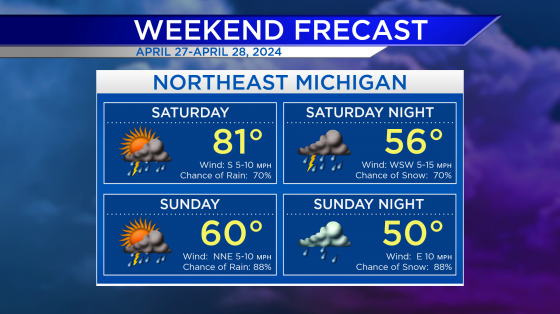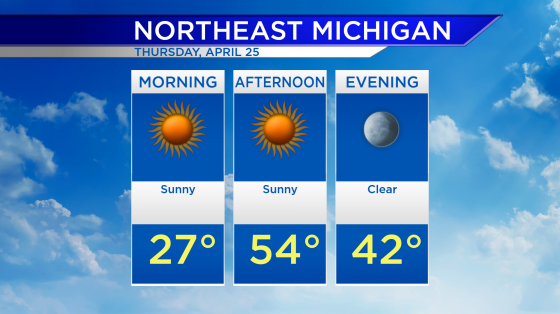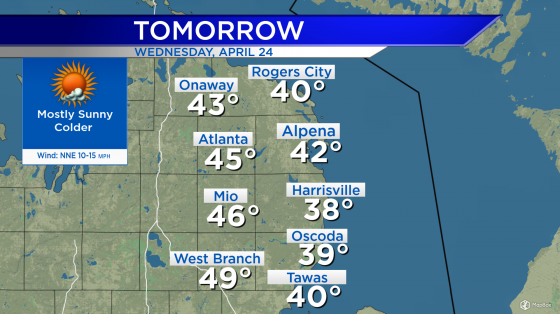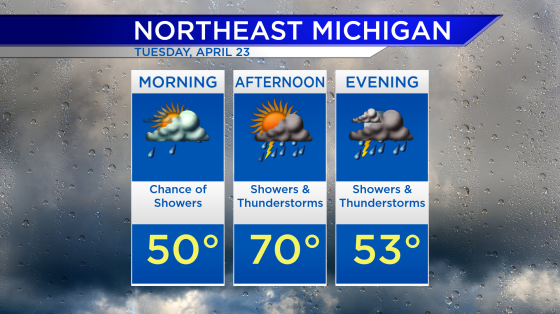Colder and Shorter Days Contribute To Seasonal Depression
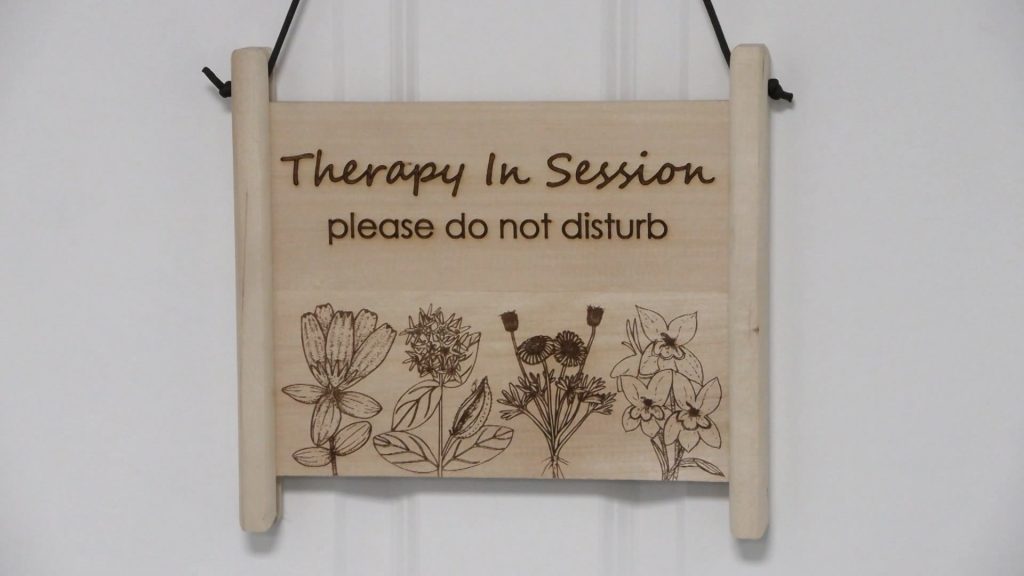
As we start getting into the colder temperatures and our days start to get shorter, this usually marks the beginning of the fall season. But to some it marks the beginning of their seasonal depression. According to the American Psychiatric Association they report that about 5 percent of adults in the U.S. experience Seasonal Affective Disorder and it typically lasts for about 40 percent of the year, it’s more common among women than men. S.A.D. has been linked to a biochemical imbalance in the brain prompted by shorter daylight hours and less sunlight in winter.
Lindsey Daoust, a Licensed Master Social Worker at Unity Counseling said, “Here in Alpena, Michigan, we only get about 171 days of sun or partly sunny which puts us in Northern Michigan at a higher risk of Seasonal Affective Disorder.”
According to Lindsey, the symptoms of Seasonal Affective Disorder are a lack of energy, sleeping too much, fatigue, hopelessness, lack of interest in doing things, increased appetite and more. Lindsey does provide some tips on how you can treat S.A.D. at home. She explains, “Things you can do at home that are easy include exercise, a sleep routine or a night time routing, sticking to a daily routine in general and avoiding depressants like alcohol.”

However, if you symptoms do get worse then Lindsey recommends you doing this, “If symptoms are more severe [doing things] such as attending therapy like here at Unity where we offer cognitive behavioral therapy which helps the patient identify how their thoughts and feelings lead to how they behave.”
There is another way of treating seasonal depression and that is the use of a light that simulates daylight. this product can be found in retail store or amazon and a lot of them are called happy lights. it’s recommended to sit in front of this simulated daylight for about 20 to 30 minutes which helps your brain produce more serotonin as low serotonin levels are associated with depression.


